Resourcefulness
Wise use of that which others would normally overlook or discard
“He that is faithful in that which is least is faithful also in much: and he that is unjust in the least is unjust also in much.” LUKE 16:10
PROVISIONS FOR BUILDING THE TABERNACLE
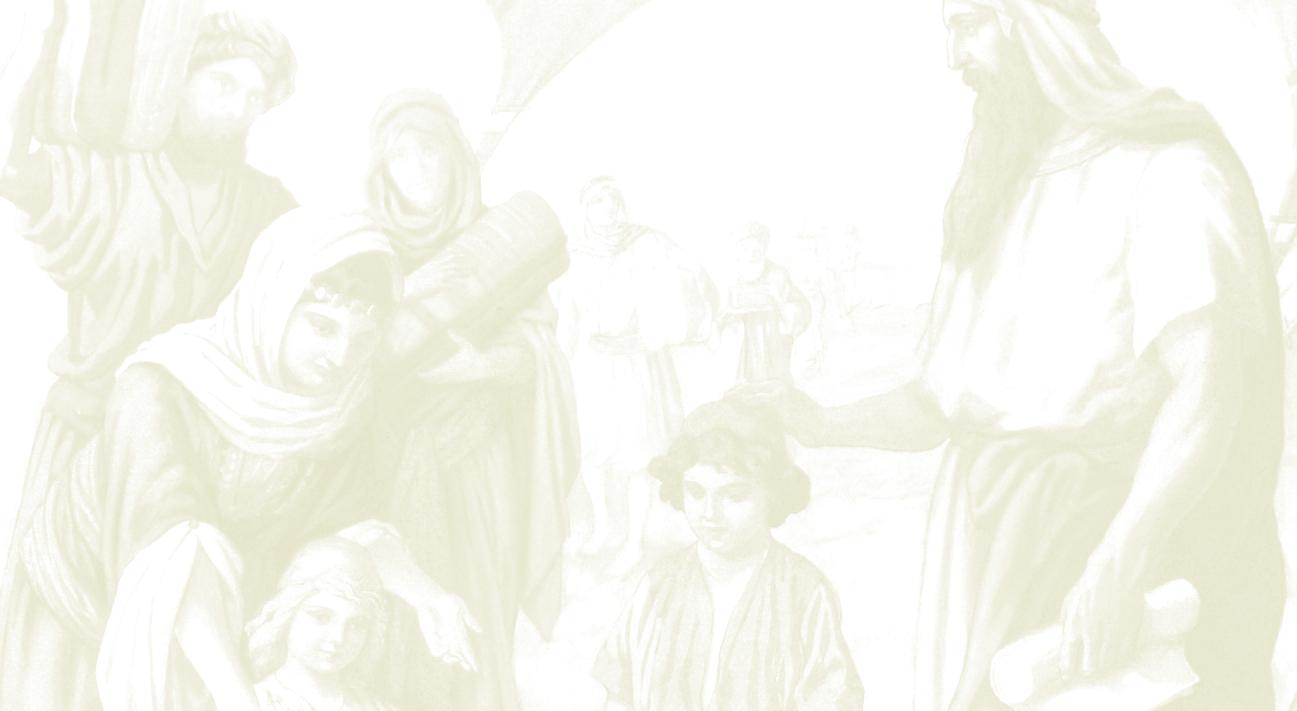

“And they came, both men and women, as many as were willing hearted, and brought bracelets, and earrings, and rings, and tablets, all jewels of gold . . . an offering of gold unto the Lord.”
EXODUS 35:22

BIBLICAL CHARACTER ILLUSTRATED CURRICULUM Illustrated in Scripture, Illustrated in Life SPIRITUAL GIFT: Giver
CONTENTS
2 Introduction
2 How to Use This Curriculum
3 Goals and Objectives
4 Character Quality Overview
5 Resourcefulness in Scripture
6 Lesson 1: Use What I Have
7 Bible Story: Provisions for Building the Tabernacle
8 Memory Verse: Hebrews 13:5
9 Activity: Scrap Paper Flying Discs
10 Lesson 2: Find What I Need
11 Bible Story: The Unusual Answer to an Urgent Need
12 Memory Verse: Matthew 7:7–8
13 Activity: Crossword Puzzle
14 Lesson 3: See Value in Objects, Ideas, and People
15 Bible Story: God’s Love for the Lost
16 Memory Verse: Luke 19:10
17 Activity: “Thinking Outside the Box”

18 Lesson 4: Wisely Use
My Time, Talents, Energy, and Mind
19 Bible Story: The Resourceful Example of the Proverbs 31 Woman
20 Memory Verse: Luke 16:10
21 Activity: Acrostic Bookmark
22 Additional Resources
22 Resourcefulness GEMs

23 Journal and GEM Mine
24 Hymn Sheet Music: “Rescue the Perishing”
25 Hymn History: “Rescue the Perishing” by Fanny Crosby





26 Explaining Salvation to a Child
27 Reproducible Coloring Pages
31 Recommended Resources

Biblical Character Illustrated Curriculum
Illustrated in Scripture
“The testimony of the Lord is sure, making wise the simple” (Psalm 19:7b). Biblical character is illustrated in this curriculum through both artwork and lessons from the lives of people in God’s Word. We most often benefit from the positive examples of faithful men and women. “For whatsoever things were written aforetime were written for our learning, that we through patience and comfort of the scriptures might have hope” (Romans 15:4). There were also people in the Bible who are representations of poor character, and we can learn from their lives as well. “Now these things were our examples, to the intent we should not lust after evil things, as they also lusted” (I Corinthians 10:6). We would be wise to learn from the testimonies God has given us in Scripture.
Illustrated in Life
“Faith cometh by hearing, and hearing by the word of God” (Romans 10:17). Hearing the Word of God causes us to grow in faith. This curriculum offers many practical applications of God’s Word to everyday life. “But be ye doers of the word, and not hearers only” (James 1:22). As God enables us to act in faith, our lives as believers will illustrate His character to others.
The character of God
is
in
May it also be illustrated in
lives.
illustrated
Scripture.
our
Character Quality Overview


What Is Resourcefulness?

Read aloud and discuss what resourcefulness means and how it applies to life.

The operational definition of resourcefulness is “making wise use of that which others would normally overlook or discard.” God promises to provide everything you need. (See Matthew 6:32–33.) You may miss His provision when you discard an item without considering other ways it could be used. A resourceful person will look for ways to repurpose items, especially when facing a difficulty or need. He also knows how to find the tools and information necessary to solve problems. As you learn to think creatively, you may be able to see other ways to utilize what you already have, maximizing the benefits of the possessions, abilities, and time that God has entrusted to you. The opposite of resourcefulness is wastefulness. Wastefulness occurs when a person has a limited view of how an item, possession, or opportunity can be used. He discards belongings simply because they are broken or no longer look fresh and new. He will make new purchases instead of repairing or cleaning what he already owns. A wasteful person overlooks what he has and, as a result, allows his belongings to rot or rust while they sit unused. God has created each person with unique ideas and talents and given each one the energy and
time to accomplish good works. “For we are his workmanship, created in Christ Jesus unto good works, which God hath before ordained that we should walk in them” (Ephesians 2:10). Are you improving your skills and using your time wisely? Or are you neglecting the talents and abilities God has given you? Are you letting your energy go to waste and your time slip away?
Giving God the first part of your day by meditating on Scripture and spending time in prayer will help guide you in how best to use your time. Are you “redeeming the time, because the days are evil” (Ephesians 5:16)?
You live in a world filled with treasures that others may overlook or throw away. As you learn to recognize value in these resources, you may end up with more items than you can store! To avoid hoarding or collecting things that you will never use, ask God for creative ways to sell or give away the items you do not need to those who can use them. While being resourceful may lead to extra money or possessions, the goal is not to store up treasures but to put them to good use as God intended. “That ye, always having all sufficiency in all things, may abound to every good work” (II Corinthians 9:8). Be alert to the needs of others and ready to benefit them through your resourcefulness.
4
Wasteful people throw away what could have been used to meet a need.
George Washington Carver (c. 1864–1943) discovered many new uses for peanuts, including milk, plastic, paint, soap, lotion, and ink!
Resourcefulness in Scripture
As you read and study God’s Word, you will see Who He is! Be willing to be changed by Him so Christ can be seen through your life and others will glorify God.
The Character of God
We see examples of resourcefulness in God’s character in the following ways:
• God does not cast aside the weary but instead renews the strength of those who rely on Him.
(See Isaiah 40:30–31.)
• God made a way to redeem humanity rather than let mankind remain lost in sin.
(See John 3:16.)
• God wastes nothing in a life but brings forth good from sorrowful events and hard times.
(See Romans 8:28.)
• Jesus used a small coin as an important object lesson to answer the Pharisees’ question.
(See Matthew 22:15–21.)
• Jesus used a fishing boat as a platform in order to speak to the pressing crowd.
(See Luke 5:1–3.)
• Jesus saw provision in a boy’s small lunch after the disciples had dismissed it as insufficient.
(See Luke 9:12–17.)
• The Holy Spirit guided Paul in his travels, making the wisest use of his time and energy.
(See Acts 16:6–7.)
RESOURCEFULNESS KEY VERSE
“He that is faithful in that which is least is faithful also in much: and he that is unjust in the least is unjust also in much.” LUKE 16:10
Resourcefulness in My Life
Now let’s examine some ways God wants us to live out resourcefulness daily.
• Where can I find wisdom when I am seeking to improve my situation?
(See Daniel 2:20–22.)
• How can I best invest my time, money, and other resources?


(See Proverbs 3:27–28.)
• When I have a problem I cannot solve, how can asking those who are wise help me?
(See Proverbs 11:14.)
• What broken items in our home could we repair instead of throwing away?
(See Matthew 4:21.)
• When I use my skills and abilities to share the Gospel, what is the result?
(See Mark 8:35.)
• How can I help provide for the “necessity of the saints” by wise use of my resources?
(See Romans 12:10–13.)
• Why should I seek to develop the gifts and talents God has given me?
(See I Corinthians 14:12.)
5
Imagine
ME TO Use What I Have

that one day
your mother is baking a cake for a friend, and she realizes she is out of eggs! She doesn’t have time to go to the store, so she researches egg substitutes. She discovers that she has the right ingredients that will make a sufficient replacement for the eggs. Your mother’s resourcefulness enables her to complete her task, and her friend will now enjoy a delicious cake! When you have a need or you are facing an obstacle, look for what you already have that may be used to meet that need. God promises in Philippians 4:19 to “supply all your need according to his riches in glory by Christ Jesus.” God’s provision may already be at hand!
Wise use of that which others would normally overlook or discard
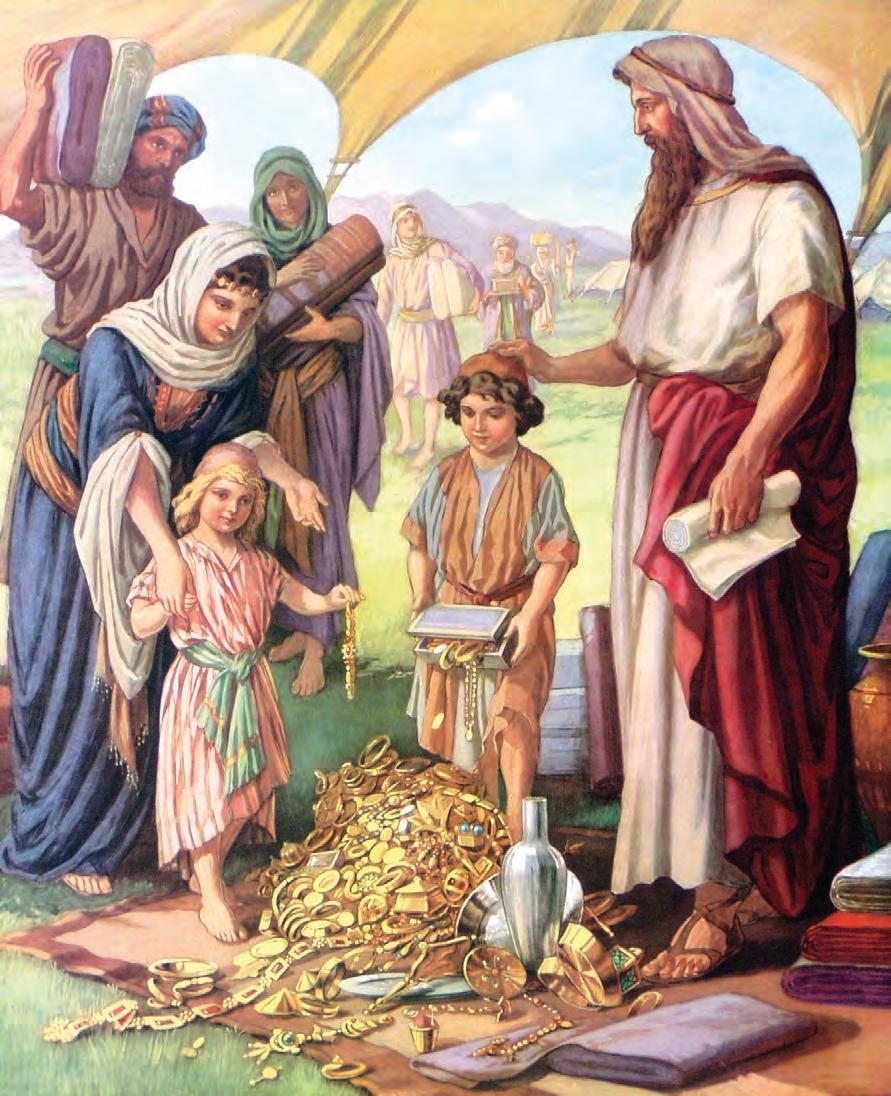


6
RESOURCEFULNESS
INTRODUCTION
GOD ENABLES
Provisions for Building the Tabernacle
BIBLE STORY Provisions for Building the Tabernacle
Two months after their deliverance from Egypt, the Israelites arrived at Mt. Sinai. There God instructed the people to sanctify themselves in preparation for the giving of the Law. Three days later, He spoke from the mountain, promising to cherish Israel as His chosen people as they obeyed His commandments. When Moses ascended Mt. Sinai, God gave him the Ten Commandments as well as instructions for building a tabernacle. The Tabernacle would represent God’s presence among His people. While Moses was on the mountain those forty days, the people became restless. They demanded that Aaron make for them a god. In response, Aaron melted the golden earrings the people had, using
the metal to fashion a golden calf like the gods they had seen in Egypt. When Moses returned, he was angry that the people had wasted their resources to worship an idol instead of God! As a result of their wickedness, 3,000 men of Israel died that day. Moses pleaded for God’s forgiveness on behalf of the people. After Moses met with God on Mt. Sinai a second time, he gathered the people and gave them God’s instructions concerning the Tabernacle. Where would the people obtain the materials to build this dwelling place for God? What resources did they have that they could use for God’s glory?
Let’s read the Bible story in Exodus 35:4–10, 20–35; 36:1–7 and then discuss the following questions.
1. Where were the supplies to come from for building the Tabernacle? (See Exodus 35:4–9.) How had they acquired these supplies?

(See Exodus 12:35–36.)
What has God given you that you can use for Him?
From Whom do all your abilities and possessions come? (See I Chronicles 29:13–14.)
2. After hearing Moses’ instructions, what did the people do? What attitude did the people have as they returned with their offerings?
(See Exodus 35:20–21.)
What attitude pleases God when you use your time and possessions to serve Him or help others?
3. Rather than wastefully using their possessions to make an idol, how were the people now choosing to use the items they owned? (See Exodus 35:22–24.)
What resources do you have that sometimes go to waste? How else might you use those items?
(See Proverbs 18:9.)
4. What did the wise-hearted women bring? How did they acquire this possession?
(See Exodus 35:25–26.)
Instead of buying a present, what do you already have that you could use to make a gift?
5. What did Moses call Bezaleel and Aholiab to do?
(See Exodus 35:30–34.)
What skills are you developing? How might you use these skills for the Lord now? In the future?
6. How often did the people bring resources for building the Tabernacle? (See Exodus 36:3.)
How can you daily make yourself or your resources available to God for His glory? (See Hebrews 3:13, Acts 17:11.)
7. What announcement did Moses make to the people? Why? (See Exodus 36:6–7.)
When you use what you have for His honor, what is God faithful to do? (See Philippians 4:18–19.)

7
LESSON 1 Use What I Have
Revealing the character of Christ through the stories in His Word.
SAVE 20% on any individual Biblical Character Illustrated booklets

Use coupon: BCICBOOKLET


Biblical Character Illustrated Curriculum
Discover this unique tool that uses the stories in Scripture to illuminate character qualities God wants to develop in the lives of His people. This curriculum contains multiple ways to teach character to kids and give them a vision for building character through faith in Christ!

Single Booklets: $10 each
Complete Set: $379 (SAVE 23%)
OTHER BIBLICAL CHARACTER RESOURCES

Single PDF Download: $3 each
PDF Download Set: $109 (SAVE 25%)
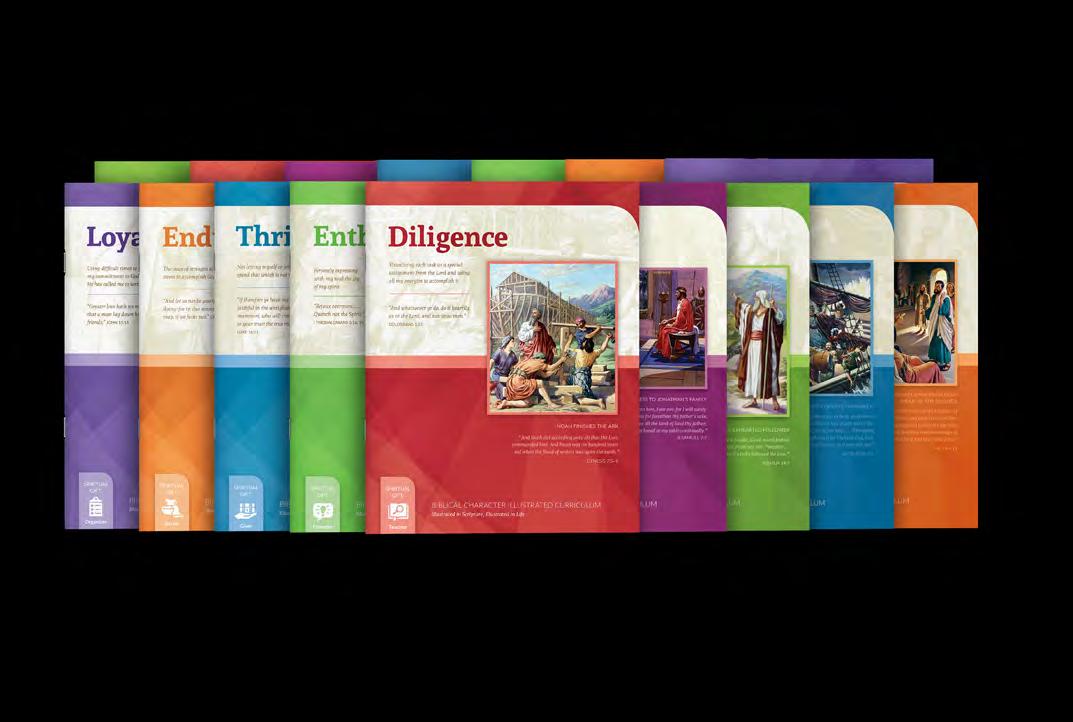
Biblical Character Illustrated 49-Booklet Set
Includes 2 bonus items: Calendar + Understanding Spiritual Gifts
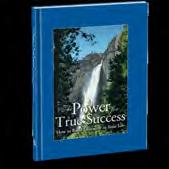
Power for True Success
Insightful, Biblical studies on all 49 character qualities
Hymns for the Family, Volumes 1–4

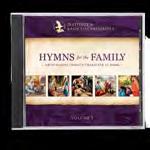
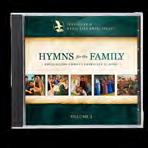

Companion hymns for each character quality
Character Sketches, 4-Volume Set
Timeless resources to show God’s character relfected in creation
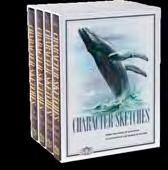
Shop these resources at store.iblp.org. • Questions? Call 903-636-9600 or email biblicalcharacter@iblp.org.



























